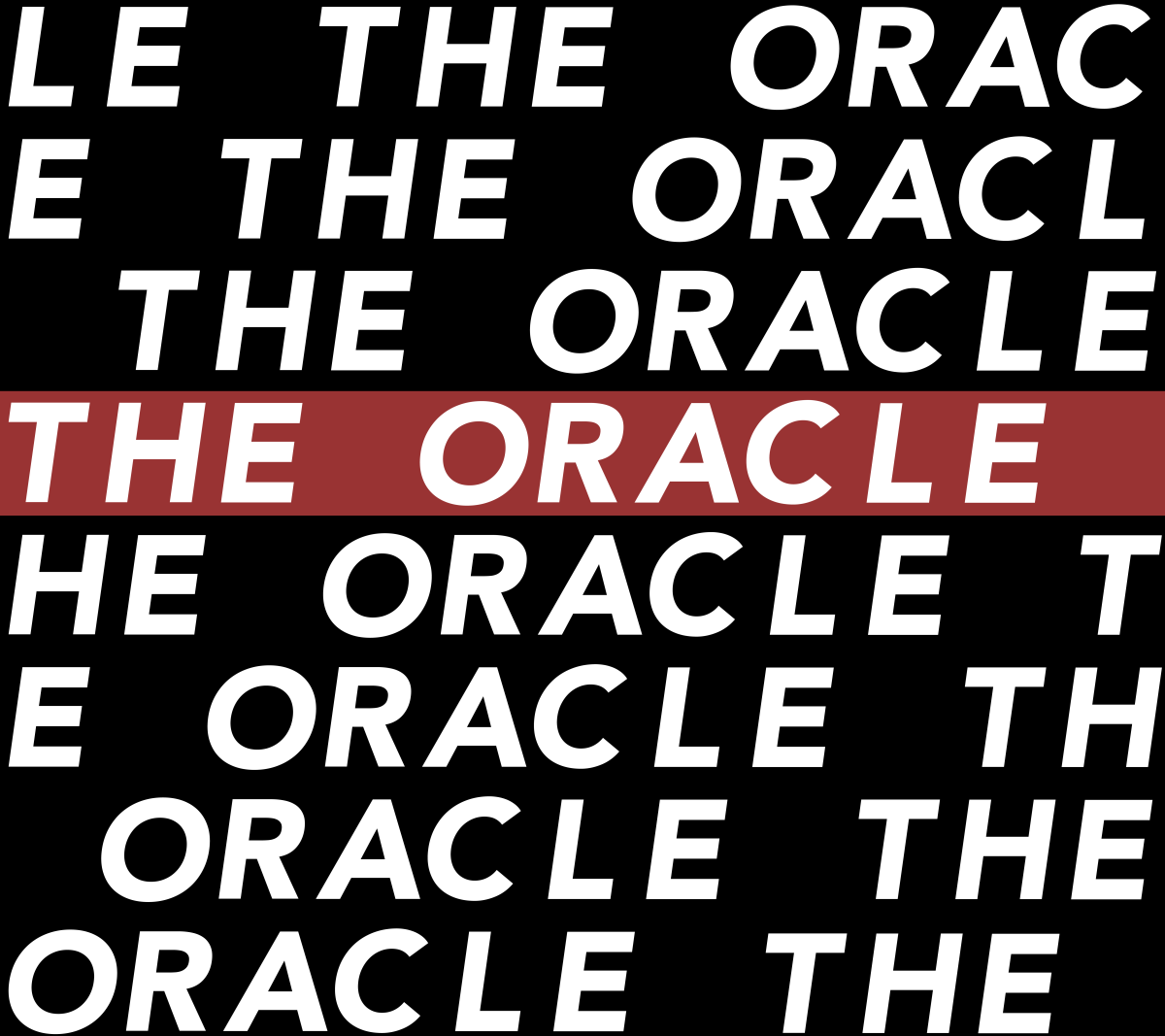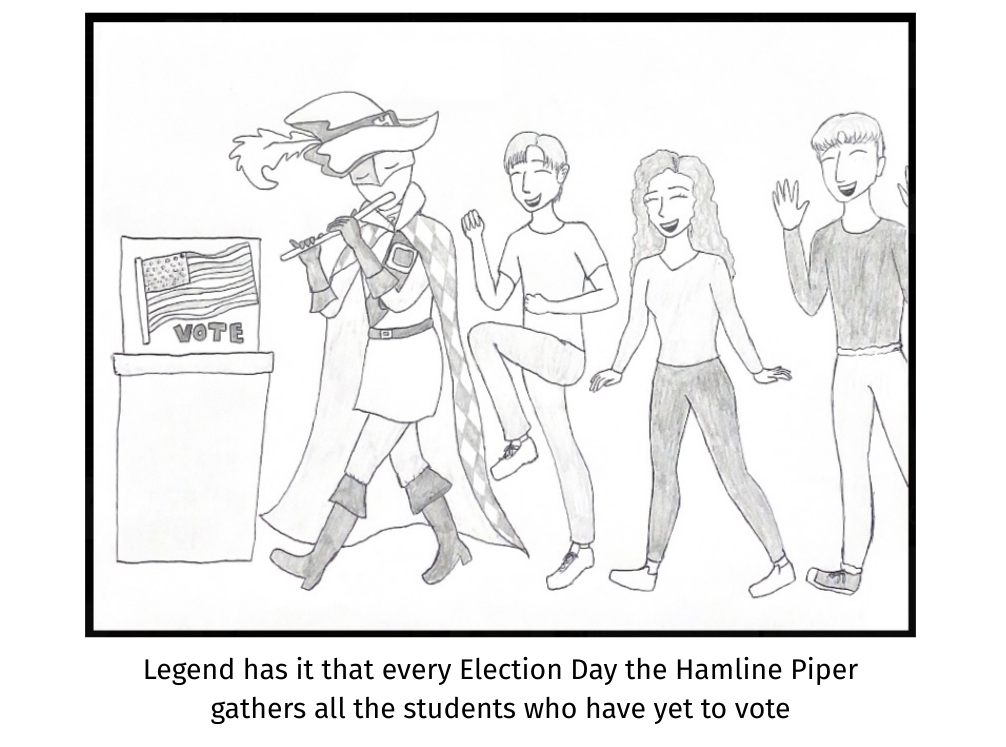“The time has passed. Got to be a better way, I say to you. Can’t any longer… can’t any longer, play off black against old… young against poor. This country cannot house its houseless… feed its foodless. [ADLAHDLAHDLAHDLAHDLAH] They’re demanding a government of the people… “peopled” by people. Our faith…our compassion…our courage on the gridiron. [BWHOOSH] The basic indifference…that made this country great. And on election day…we won’t run away. Vote once…vote twice…for Bill McKay…You middle-class honkies.”
As we enter the final stages of the 2024 presidential election, with all its controversy and strife, I find myself looking back to past campaigns, and how they seem so tame in comparison. I tried thinking about a film that may shed some light on our current moment, and I decided on the extremely dry 1972 comedic satirical picture “The Candidate.” So let us go back to ‘72 when the only “scandal” in town was Watergate, and you can see how little we really learned from history.
The plot follows a young environmental lawyer from California named Bill McKay, portrayed by the great Robert Redford, the son of the former governor of the state, John J. McKay (played by Melvyn Douglas). He is approached by a Democratic political strategist named Marvin Lucas (played by Peter Boyle) with an intriguing offer: to campaign to become the Democratic nominee for Senator in a losing race against a popular incumbent, meaning that McKay can say whatever he wants with no consequences. McKay accepts, and everything goes off the rails.
Once he has been given the “death sentence” of the official party nomination, McKay soon finds that in order to increase his poll numbers, he has to water down his message—making himself sound just like every other politician. Even though he becomes disheartened with politics, he still has to see the campaign through to the end against his opponent, Republican Senator Crocker Jarmon (played by Don Porter) in one last debate.
In the end, McKay somehow manages to win a narrow upset, and it only then dawns upon him the crushing responsibility and consequences of what he has gotten himself into. His final question to Lucas: “What do we do now?” is both incredibly haunting and one of the greatest ending lines in film history, paralleling our modern disillusionment with politics.
The historical background of the film’s production is also interesting as the screenwriter, Jeremy Larner, was previously a speechwriter for the presidential campaign of Minnesota Senator Eugene McCarthy. In 1968, there was tremendous social unrest with President Lyndon B. Johnson (LBJ) and the Democratic Party over the country’s continued involvement in the Vietnam War, leading several people to run as protest candidates to challenge LBJ for the nomination. The most famous of those were Robert F. Kennedy Sr. and the eventual nominee, Minnesota’s own Vice President Hubert Humphrey. After McCarthy’s loss, Larner began writing a screenplay about his experiences, which was turned into this movie.
Upon the film’s release, it was met with critical acclaim and won the Academy Award for Best Original Screenplay in 1973. Due to this popularity, the picture has been misinterpreted by many viewers, including the future Republican Vice President and “potatoe” enthusiast Dan Quayle, who spoke about trying to model himself on the mannerisms of Bill McKay. This led Larner to reach out to Quayle in an open letter where he stated that “‘The Candidate’ is not a how-to picture, it’s a watch–out picture. And you’re what we’ve got to watch out for.”
You may be asking yourself: What do we do now? How can I make any difference? Won’t everything just get worse no matter who wins? For that, I would implore you to look at history. Richard Nixon won in 1968 because America was too deeply divided and disillusioned about its future to care which candidate actually won. Democratic voters in the South splintered off to vote for the third party candidate George Wallace and threw their votes away. Unless you get your ass out to vote, nothing is going to change, and you are going to have to deal with the consequences of the winner. Let us find “a better way”, and think twice about who you cast your ballot for on Election Day. My rating for “The Candidate” is a cautionary 9/10.
The Candidate (1972): “What do we do now?”
November 4, 2024

Story continues below advertisement


